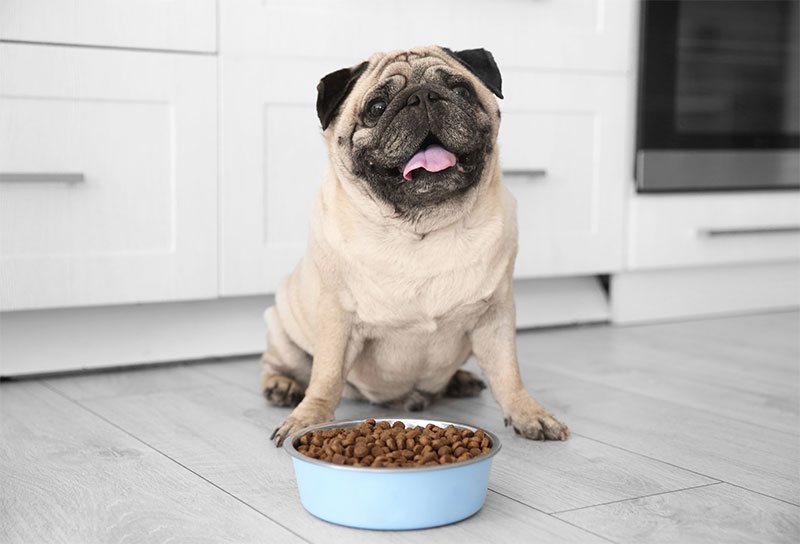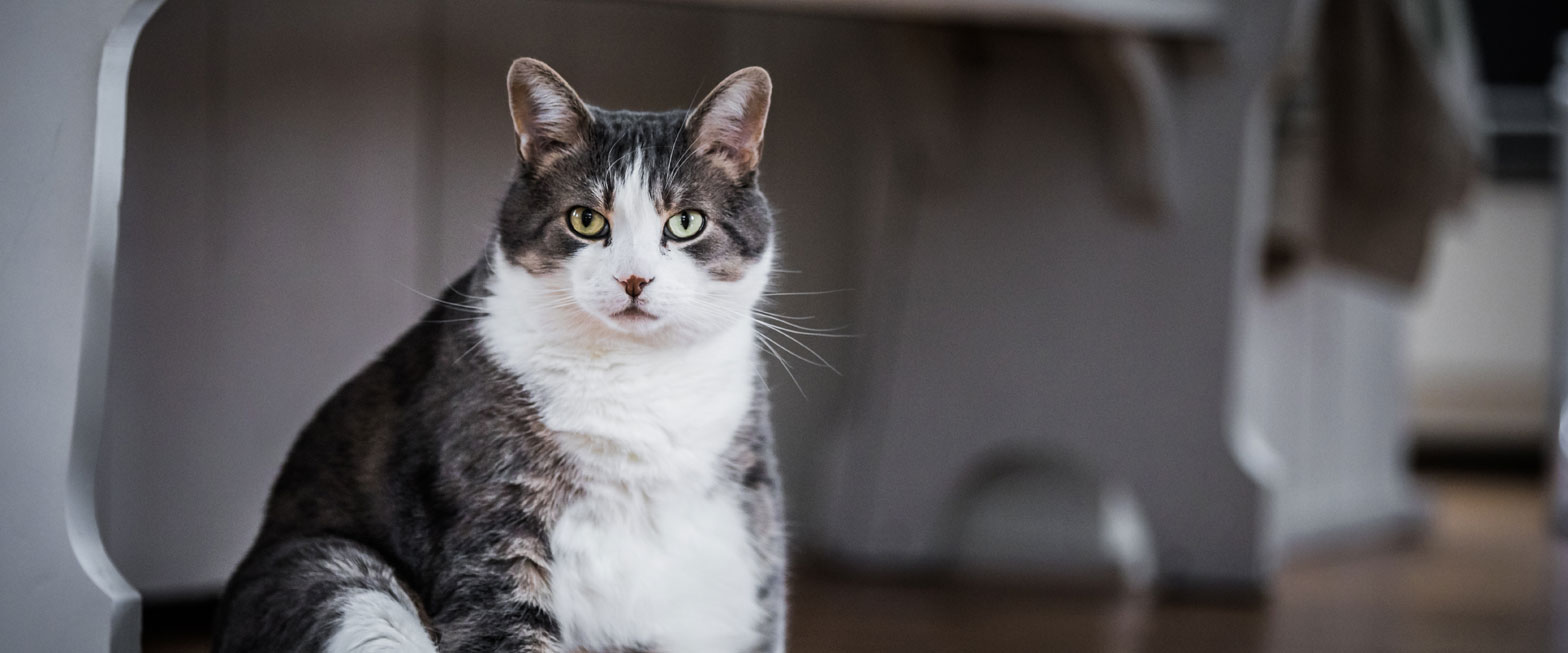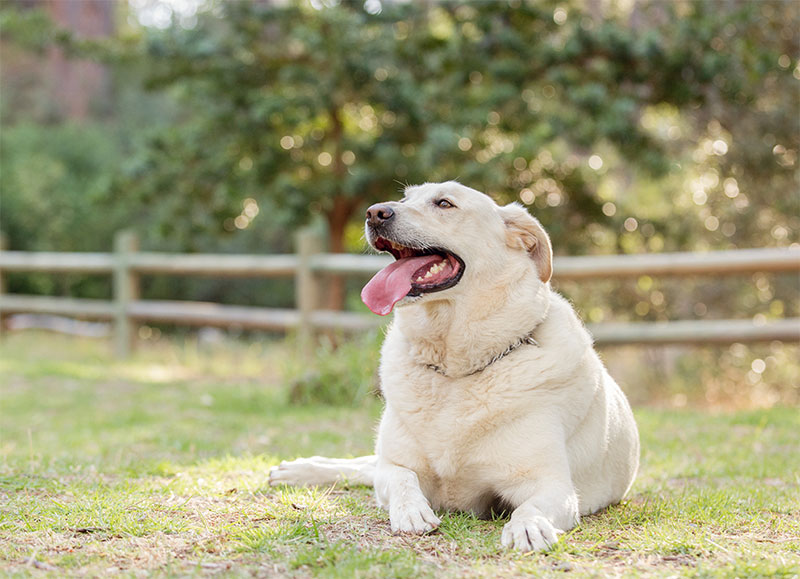
Is Your Pet Overweight? - Tips for How To Determine if Your Pet Needs Weight Management
If you’re like most pet owners, you want your furry friend to be as healthy as possible. And a part of achieving and maintaining your pet’s health is making sure they are a healthy weight. Pets that are overweight or obese are more likely to suffer from a variety of health problems, so it’s important to take the steps to help them lose weight if necessary. In this blog post, we will discuss how to determine if your pet needs weight management, tips for helping them lose weight, and some healthy snacks you can give them to support their diet.
How Can I Tell If My Pet Is Overweight?
The Association for Pet Obesity Prevention reports that most dogs are overweight if they have a Body Condition Score (BCS) of 7 or higher out of 9. If you’re wondering if your furry friend is carrying too many pounds, here are a few ways to tell:
One way is by checking to see if they have a visible waistline. Another is feeling their ribs – if you can’t feel them, they may be overweight. Additionally, if your pet gets easily winded or tired after minimal activity, they may be carrying too much weight. And finally, if your dog’s stomach swings back and forth when he or she walks, that’s a sign of too much weight. If you’re concerned that your pet may be overweight, consulting with your veterinarian, and/or scheduling a wellness exam is the best way to get an accurate diagnosis and recommended treatment plan.
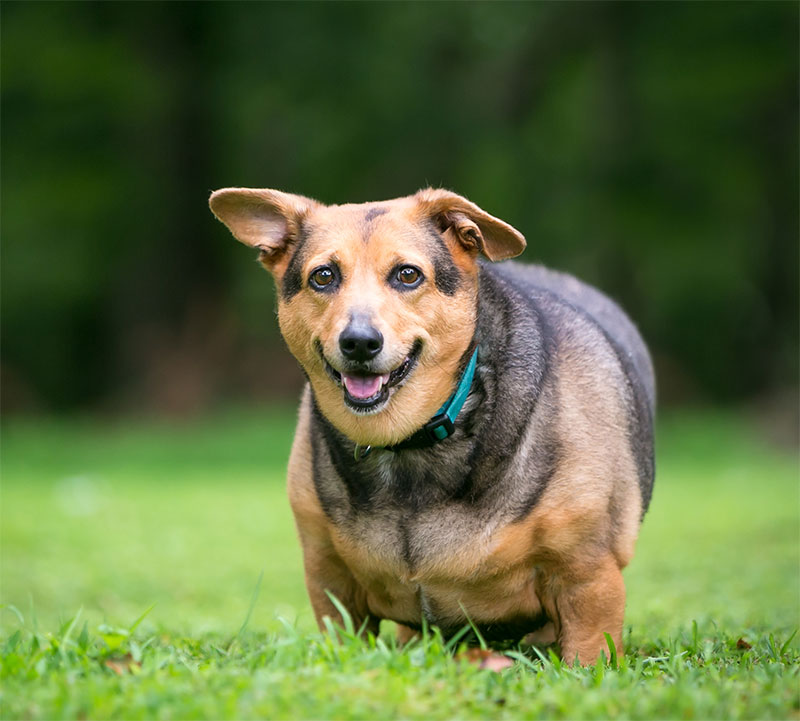
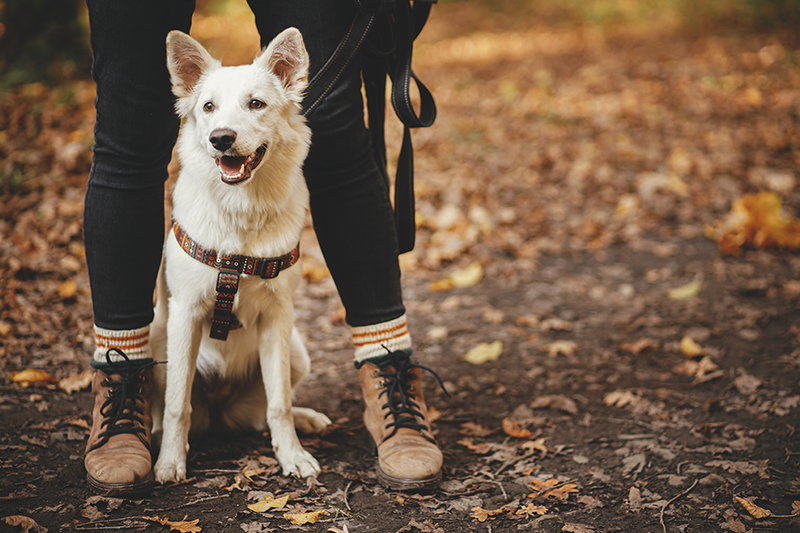
Tips For Managing & Maintaining Your Pets Weight
The most common risks for obesity in pets are developing diabetes, joint stiffness and arthritis, non-allergenic skin disorders, lower urinary tract issues, fatty liver disease (hepatic lipidosis), and shortened life span. If a pet is overweight, it is important to work with a veterinarian to create a weight loss plan that is safe and healthy for the animal. Often this will involve reducing the amount of food or treats given and increasing exercise.
When it comes to pet weight loss, slow and steady wins the race. You may need to experiment with different types of food to find one that your pet likes and will still help them lose weight. Some pet foods made specifically for weight loss have fewer calories and higher fiber content to help pets feel full. Other foods may have a higher protein content to help maintain muscle mass while your pet loses weight.
You can also supplement your pet’s diet with healthy, low-calorie snacks like baby carrots, green beans, apples, and bananas. Just be sure to talk to your veterinarian first to make sure these are appropriate for your pet.
Managing Your Pets Weight With Help From White Haven Veterinary Hospital!
White Haven Veterinary Hospital offers personalized pet health plans and weight management services that are tailored specifically to your pet’s needs. We work with you to determine a realistic and healthy goal weight for your pet while recommending diet, nutrition, and exercise regimens based on your pet’s life stage, species, breed, sex, medical history, and current lifestyle. Our services are affordable and convenient, and we offer flexible appointment times to fit your schedule. Contact us today to book an appointment for your pet!
